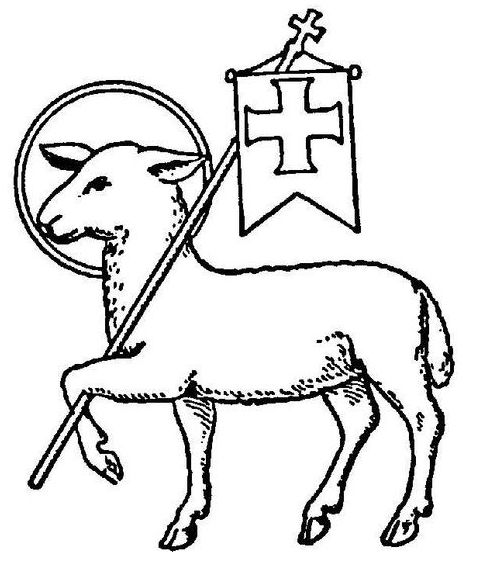In May of this year I had attended a lecture given by R.R. Reno, the editor of First Things, in which he discussed how we are now living in a “dissolving age”. He first began attempting to diagnose the problems he sees that are affecting our current political cycle, mostly the issue of Donal Trump and his popularity. Reno sees a fundamental problem of “homelessness” as a pervasive, deeply rooted issue in our current context. Personhood and nation state historically have been linked together, and he senses that the dissolution of the nation state has created this feeling of homelessness amongst a wide group of people. He attempts to argue for the return to a stronger nation state to curb a lot of the problems brought on by the liberalization of the 19th and 20th centuries. He also spoke to the tension found in Christianity in the push for human unity on the one hand, and the respect for grounding of humans in a diversity of cultures. This was the most interesting point brought up in the whole discussion, but alas the talk was extremely disjointed, and his frustrations with the Church (both Catholic and Protestant) leads him to think a strengthening of a nation state can bring a sense of belonging to a culture void of a home, and that the Church is not up for that task.
From the outset I think his solution is profoundly problematic with respect to going back to a strong nation state as the answer to the problems we see in our culture. The reaction against strong nation states is a justified one, given the blood bath of the 20th century by supremely strong nation states. These governments can be diagnosed with being driven by a dogmatic materialist metaphysics in which the human person is just a by product of accidental material processes and nothing more, and in that they can be shaped a molded into something better and this is the job of the State to control and influence the future for the better. I think this very same materialist metaphysics is still in the drivers seat in respect to the culture. Even within our current modern American Christian community we find not so much an actual classical trinitarian Christian faith, but one of the worship of a desitic-demigod, along with sacrifices at the altar of consumerism and moralism. In this I think Reno statements about the Church are partially correct, it is not currently up to the task. What strikes me as odd was his persistence on the importance of a strong nation state, and somewhat abandoning (though not entirely he claims) the place of the Church in giving a home for the homeless.
My concern, and critique of his project, is that we are still culturally driven by a materialist/naturalist metaphysics. For as much as we want to argue that we live in a post-modern context, I would argue we are still very much steeped in modernity.
“The state does not take a merely temporal regulatory role and leave salvation in the hands of the church; rather, the modern state seeks to replace the church by itself becoming a soteriological institution. It is in this sense, then, that the modern state is a parody of the church: “The body of the state is a simulacrum, a false copy, of the Body of Christ” (RONT, 182). As a result, while political rhetoric may suggest that the state is confined to a “public” sphere or that the reign of the secular is circumscribed, in fact the modern state demands complete allegiance, and the reign of the secular does not tolerate territories of resistance. The state is happy to absorb all kinds of private pursuits under the umbrella of civil society, but it cannot tolerate a religious community that claims to be the only authentic polis and proclaims a king who is a rival to both Caesar and Leviathan. In such a case, this community’s allegiance to its king ultimately trumps its allegiance to the state or empire, and its understanding of the nature of human persons does not fit the normative picture of liberalism. This the state cannot tolerate. It is in this sense that “every worship service is a challenge to Caesar.”
-James K.A. Smith, Introducing Radical Orthodoxy

